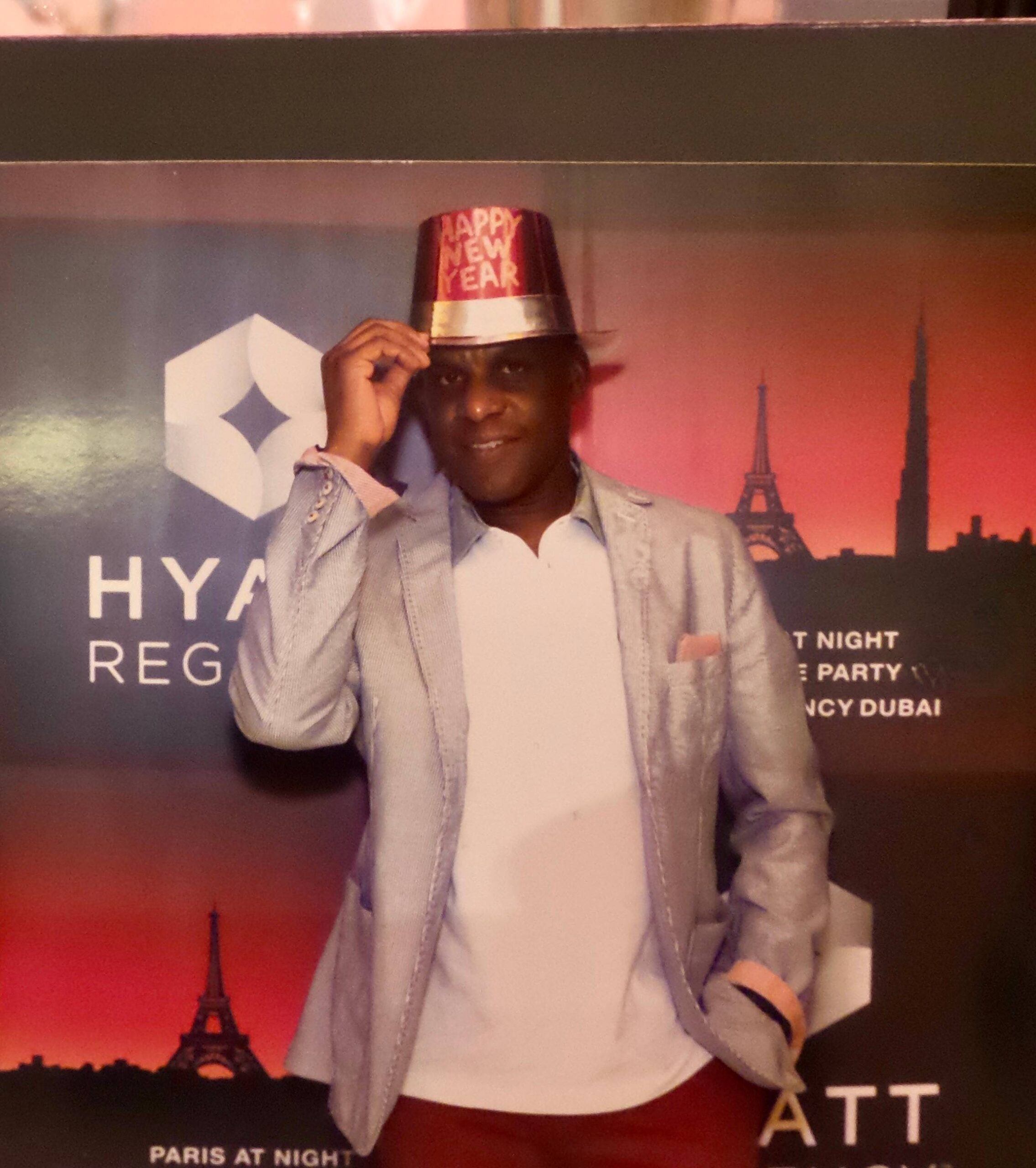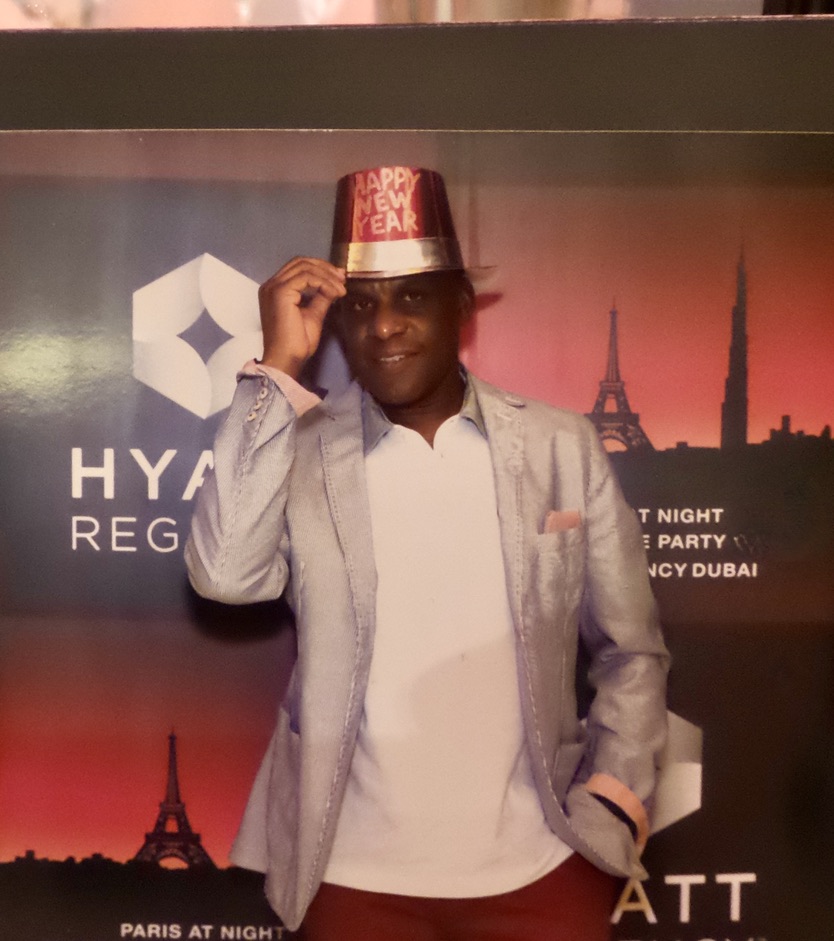Protect your focus, boost your energy, and take back control of your attention.
Every single day, something — or someone — is trying to move into your mental space.
And most of the time, they’re not even paying rent.
Ping.
Scroll.
Alert.
“Just a quick one…”
Another 15 minutes gone. Another task half-finished. Another evening wondering, Where has the day gone? Where has the year gone?
The truth is, your brain is prime real estate — and in 2025, the competition to own a slice of it is more ruthless than ever. And the scary part? Most of us are giving it away without even realising.
In this Brain.fm review, I’m exploring a neuroscience-backed tool that could help you protect that mental space.
The Thieves You Can’t See
In 1986, the average person consumed the equivalent of 40 newspapers’ worth of information a day.
By 2007, that number had shot up to 174 newspapers — and today, it’s even more.
Johann Hari, in his brilliant book Stolen Focus, calls it an “attention theft epidemic.” He points out that it’s not that we’re suddenly bad at concentrating — it’s that the world we live in has been engineered to keep us from concentrating. Every app, news feed, and platform is designed to pull your mind in a hundred different directions — because the longer they hold your attention, the more money they make.
Hari’s Lost Connections adds another layer: when we’re cut off from deep, meaningful work, real relationships, and true rest, we’re not just distracted — we’re unwell. Disconnection from what matters most has real consequences for mental health.
Why Focus Feels Harder Than Ever
The science backs it up: most adults can sustain deep concentration for only 20–25 minutes before focus starts to slip.
That’s not because we’re lazy — it’s because mental energy is a finite resource.
Think about your average day.
You start with good intentions, maybe even a to-do list. But before you’ve ticked off the first item:
- An email pings — “urgent” (it’s not).
- Your phone lights up — group chat banter.
- A notification says “You won’t believe this headline…” — you click.
By the time you get back to your original task, your brain has burned through more energy switching between contexts than actually doing the work.
And by the end of the day?
You’re running on fumes.
No focus. No energy. No time left for self-care. The kids, your partner, your friends — they get the leftovers.
The Spotlight Effect
Mentalist Derren Brown describes focus as a spotlight in a dark theatre.
Wherever you shine it, that’s what comes into view.
The problem is, most of us aren’t holding the spotlight anymore.
It’s being yanked around by notifications, adverts, and other people’s agendas. And because we can’t keep it still, our work suffers, our relationships strain, and our sense of calm disappears.
So the real question is: how do we take the spotlight back?
Brain.fm – Why I’m Looking at It
I’m forever exploring tools that might genuinely help my clients, the organisations I work with, and the people who follow me on social media. Not gimmicks — real solutions.
That’s why I’m about to trial Brain.fm — a platform founded in 2003 by Adam Hewett with one mission: to help people focus, relax, and sleep using neuroscience-backed functional music.
The company combines experienced musicians with patented technology that synchronises brain activity with music, helping users reach their desired state on demand.
And it’s not just a niche app — with over 2 million downloads and 100,000 monthly active users, Brain.fm is trusted worldwide.
Power users have reported up to 200% increases in focus, and it’s been featured in Inc., Forbes, and Lifehacker.
What Makes It Different from Ordinary Music
This isn’t lo-fi YouTube beats or “rain sounds” on Spotify. Brain.fm music is engineered using neural phase-locking patterns — subtle rhythmic cues your brain unconsciously syncs to.
Here’s the science in plain English:
- Your brain produces different wave patterns depending on what you’re doing — Beta waves for focus, Alpha for relaxation, Theta and Delta for deep rest.
- Brain.fm’s audio nudges your brain into the right wave state for your chosen mode.
The result is three main modes:
- Focus Mode — helps you work smarter by getting into deep concentration faster.
- Relax Mode — reduces stress and brings your mind into calm, creative flow.
- Sleep Mode — eases you into deep rest, whether for a nap or a full night’s sleep.
And according to Brain.fm’s COO, Chandler Perog, the real draw for customers is the consistency — the ability to reliably tap into the desired mental state every time.
How I Plan to Test It
I’m keeping it simple, following Brain.fm’s own recommendations in this review…
- Morning Deep Work – One 60-minute focus track before checking emails or messages.
- Evening Wind-Down – 20–30 minutes of relax or sleep mode to help switch off and recharge.
That’s it. Two intentional sessions a day.
If it works, this small habit could make a huge difference to productivity, energy, and resilience.
Why This Matters for Resilience
Resilience isn’t about never getting tired or distracted — it’s about knowing how to get back into the right state quickly and effectively.
If you can’t focus when it matters, you’re not resilient — you’re reactive.
If you can’t switch off when the work is done, you’re not resilient — you’re running on empty.
In a world where our mental energy is constantly under attack, tools like Brain.fm offer a way to defend and direct it.
The Real Question for You
If your brain is the most valuable real estate you own…
…who’s living there rent-free?
Distraction? Overthinking? Other people’s priorities?
Or are you actively choosing what gets in — and when?
Your Move
If you’ve ever felt your focus slipping, your energy draining, or your mind struggling to switch off, I invite you to trial Brain.fm for yourself — and see if your experience matches what I’ve explored in this Brain.fm review.
One week.
One most important task a day.
See how it changes the way you work, think, and recover.
You can explore it here: www.brain.fm
PS: Resilience isn’t about being bulletproof. It’s about knowing how to shift gears — from high performance to deep rest — when you need to. Whether that’s firing up your focus for the big project, calming your mind before bed, or just giving yourself a mental reset, Brain.fm might just help you get there faster.
Mike Lawrence: Your Guide to Health & Wellbeing
I’m Mike Lawrence, a passionate advocate for mental health and wellbeing. After overcoming significant health challenges, including brain surgery, I’ve dedicated myself to a journey of self-improvement and helping others thrive. From heart-pounding skydives for charity to soul-enriching travels in Thailand, my experiences have shaped my approach to holistic health.
I love sharing the lessons I’ve learned from these adventures and the powerful audiobooks I devour. Let’s explore the paths to better mental and physical health together. Embrace life’s adventures with enthusiasm and resilience, and remember—you’re never alone on this journey!
Feel free to email me at hello@mikelawrence.co.uk or connect with me on LinkedIn. For more in-depth insights and inspiring stories, read my latest blogs here. Together, let’s create a healthier, happier future!





